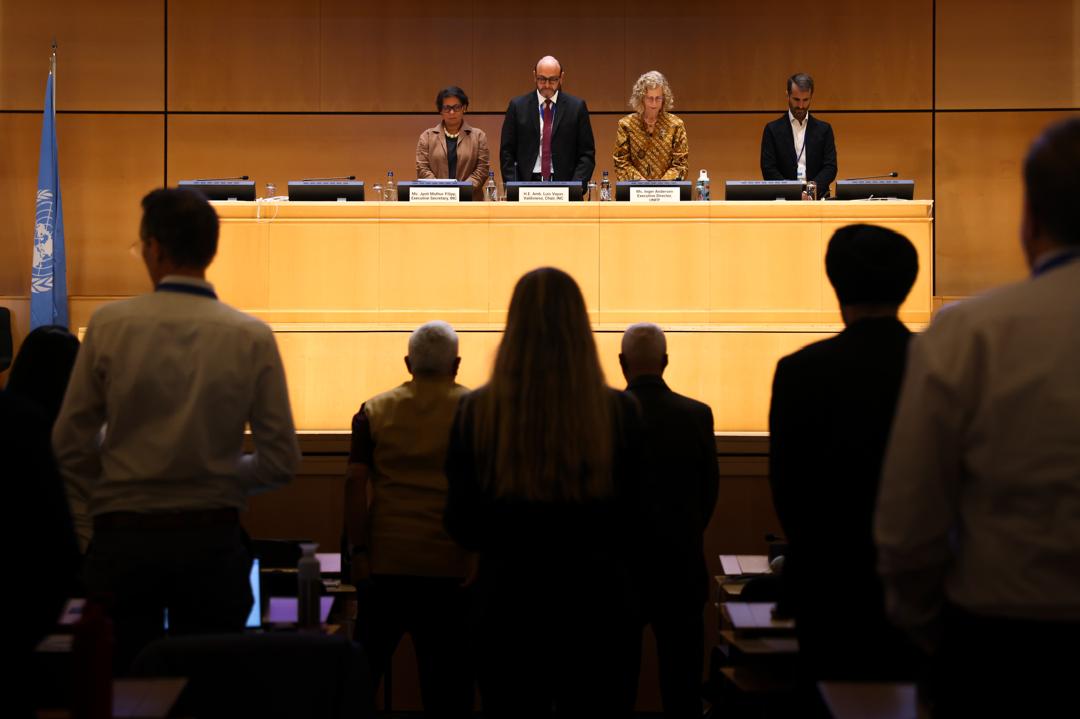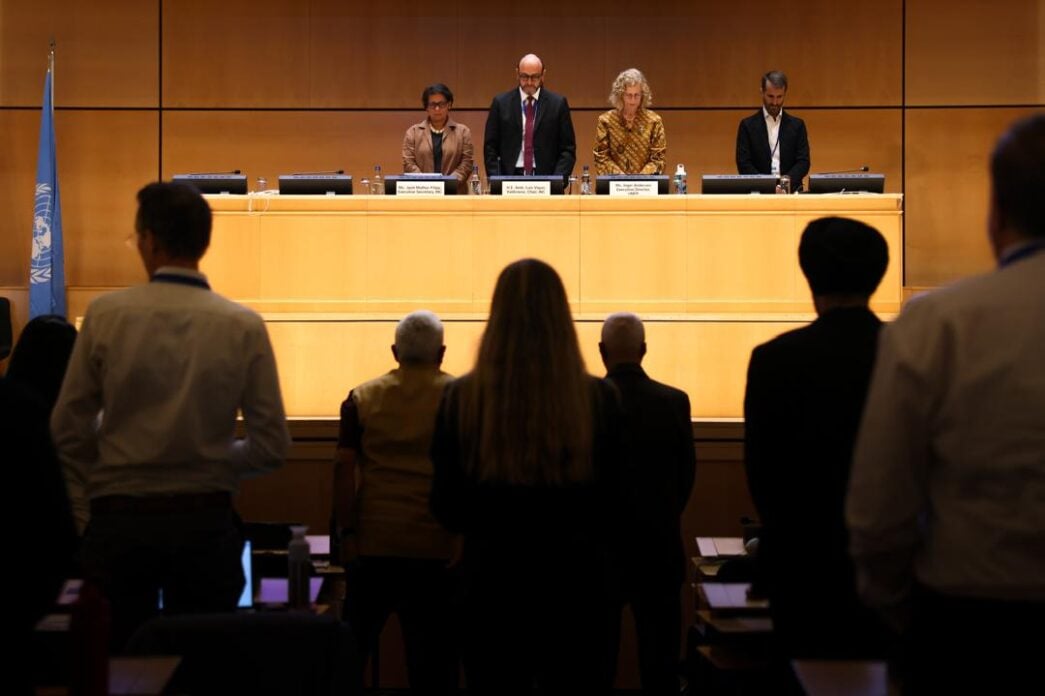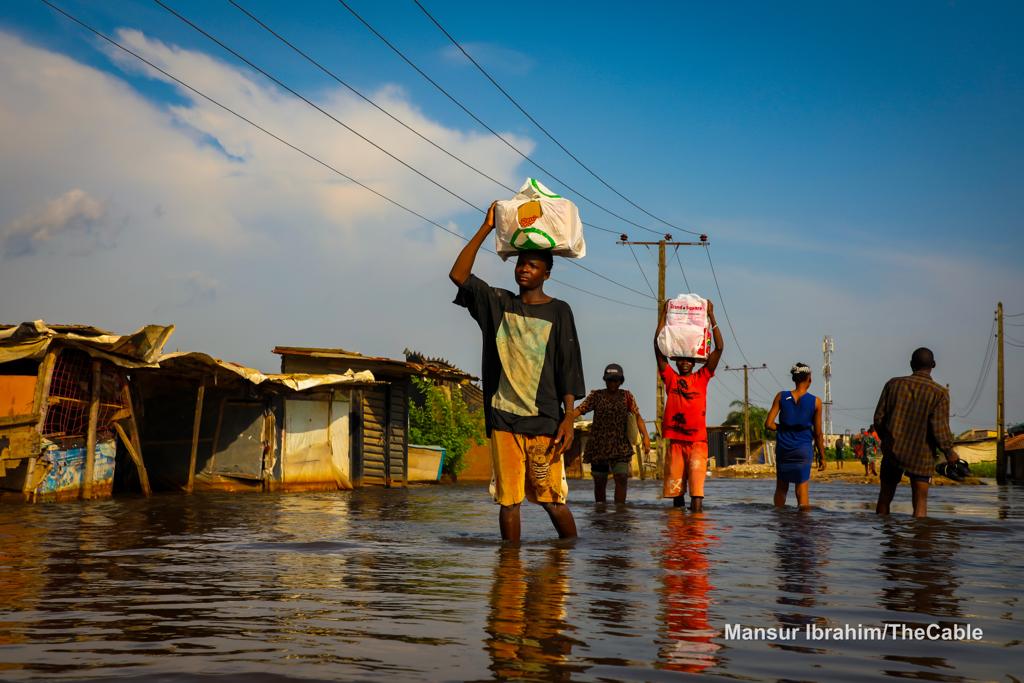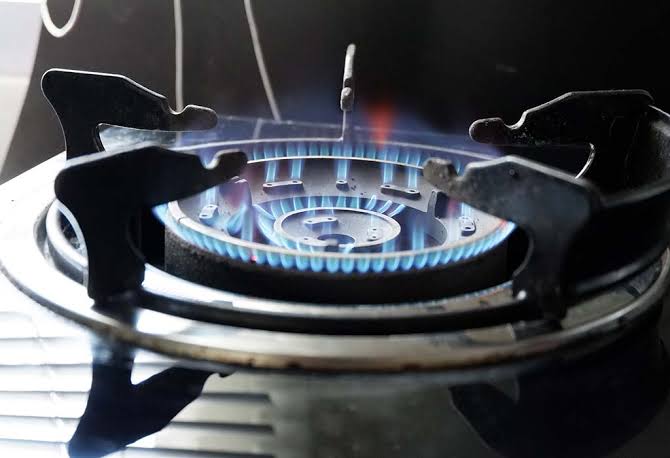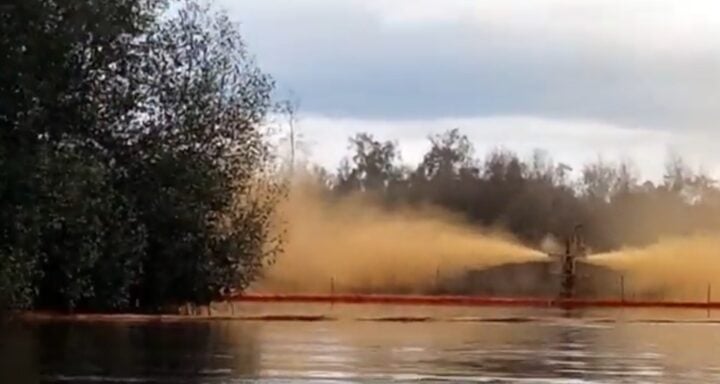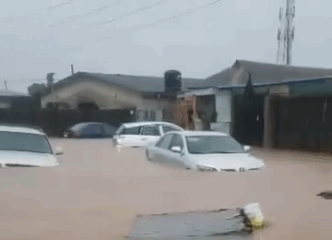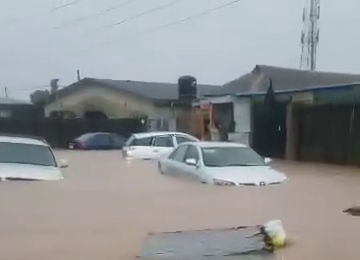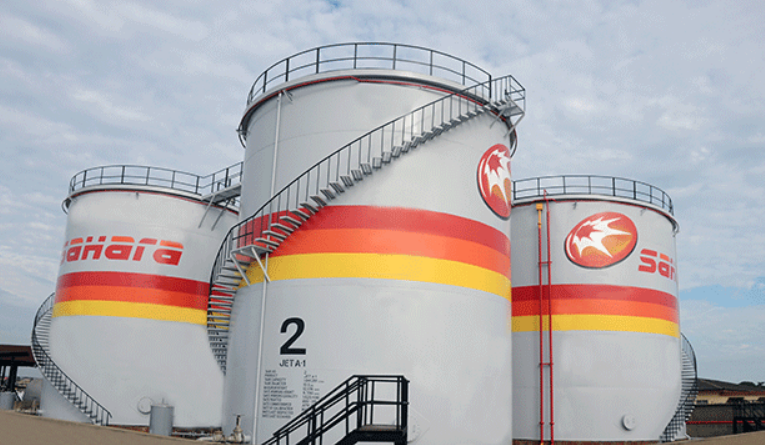The second part of the fifth session of the intergovernmental negotiating committee (INC-5.2) on plastic pollution has opened in Geneva, Switzerland.
The meeting, which will run from August 5 to 14, seeks to complete the draft of a legally binding international instrument to tackle plastic pollution and submit it for adoption at a future diplomatic conference.
The session follows a series of negotiations that began in 2022, with previous meetings held in Punta del Este (INC-1), Paris (INC-2), Nairobi (INC-3), Ottawa (INC-4), and most recently, Busan (INC-5) in late 2024.
Inger Andersen, executive director of the United Nations Environment Programme (UNEP), warned that the world could be overwhelmed with serious consequences if the current trajectory continues.
Advertisement
Andersen noted that agreeing on a treaty text is the first step toward solving the challenge of plastic pollution globally.
“Plastic pollution is already in nature, in our oceans and even in our bodies. If we continue on this trajectory, the whole world will be drowning in plastic pollution—with massive consequences for our planetary, economic and human health,” she said.
“But this does not have to be our future. Together, we can solve this challenge. Agreeing a treaty text is the first step to beating plastic pollution for everyone, everywhere.”
Advertisement
PLASTIC WASTE: A GLOBAL CHALLENGE
Since the Busan session in 2024, a series of ministerial and regional consultations have taken place to prepare for the ongoing critical round of talks.
Luis Vayas Valdivieso, chair of the INC, described the Geneva session as “a unique and historic opportunity for the international community to bridge differences and find common ground”.
“It is not just a test of our diplomacy—it is a test of our collective responsibility to protect the environment, safeguard human health, enable sustainable economies, and stand in solidarity with those most affected by this plastic pollution crisis,” Valdivieso said.
Advertisement
Katrin Schneeberger, director of the Swiss federal office for the environment, warned of the global urgency of the plastic crisis.
“Plastic waste is choking our lakes, harming wildlife, and threatening human health. This is more than just an environmental issue—it is a global challenge that demands urgent and collective action,” Schneeberger said.
Jyoti Mathur-Filipp, executive secretary of the INC, described the meeting as part of a broader legacy of international diplomacy.
“What was set in motion in Nairobi has weathered complexities and moments of challenge. It is precisely this shared endurance that strengthens our resolve and brings us, determined and forward-looking, to this historic hall today,” she said.
Advertisement
Ahead of the session’s opening, UNEP and the Swiss government hosted a multi-stakeholder forum and a conversation with observer groups on August 4.
With more than 3,700 participants from 184 countries, the stakes are high as the global community rallies to forge a binding agreement to end plastic pollution.
Advertisement
